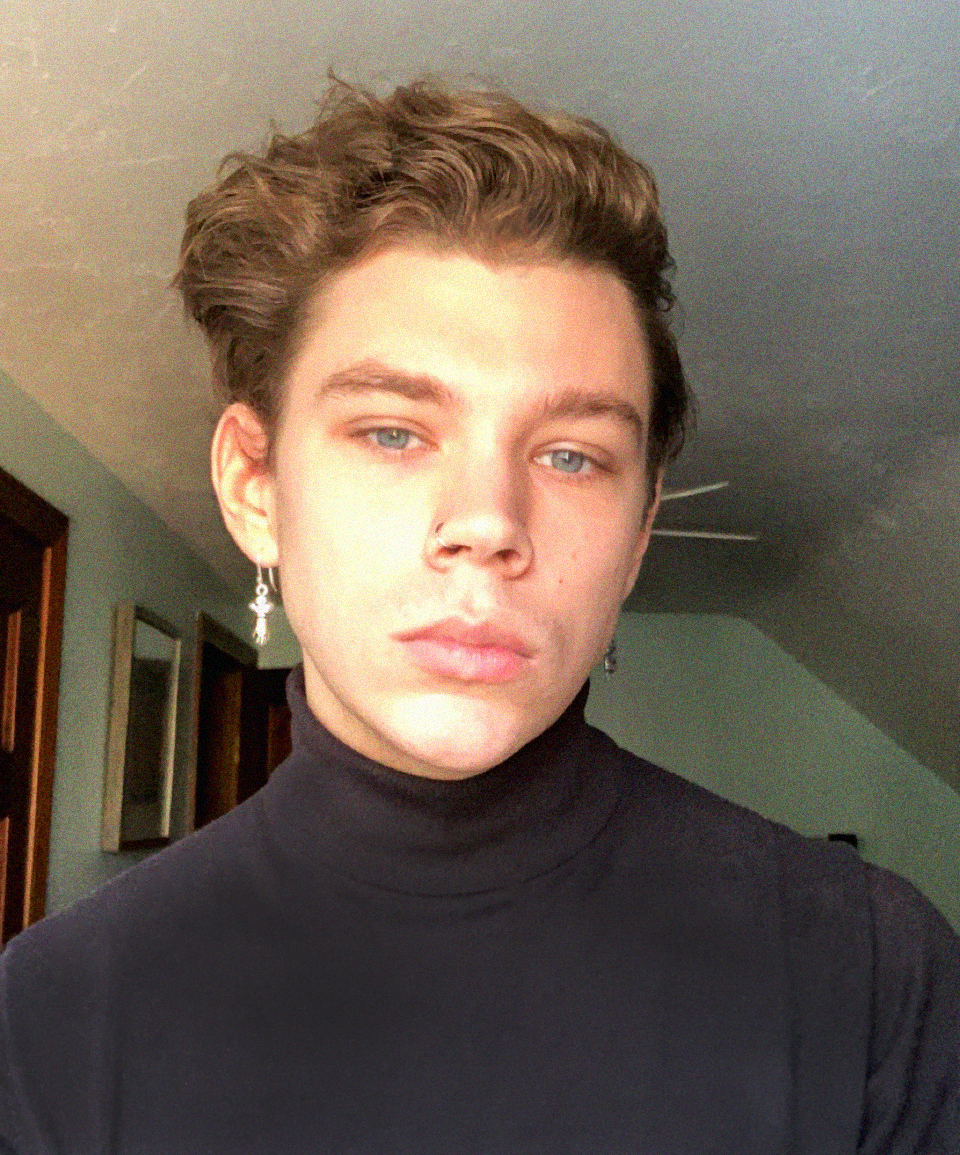

Whether it’s staying comfortable in Harem pants or being on set for the hit Netflix coming of age show, Never Have I Ever, Richa Shukla Moorjani lives an identity that serves at the intersection of entertainment and activism. As someone with a platform, she believes utilizing her visibility is not only a responsibility, but an opportunity to educate herself and others.
But Moorjani’s love for storytelling and performance started not on the screen, but as a dancer. Moorjani started learning Indian classical dancing when she was five years old, and it is something that has followed her throughout her life.
“A big aspect of Indian classical dance is storytelling and expression. Through that, I started to develop a love for dancing and storytelling,” Moorjani said in an interview with GRAZIA. “That was something that really connected me to my culture throughout my life. It’s something that’s so much apart of who I am as a South Asian American.”
Moorjani’s television career began in 2011 when she made a debut as “party girl” in the show Mark at the Movies. But in 2020, she made a splash when she nailed the role of Kamala on the Mindy Kaling produced Netflix show, Never Have I Ever. Never Have I Ever follows the story of a first-generation Indian American high school student Devi Vishwakumar (played by Maitreyi Ramakrishnan). Moorjani’s character, Kamala, is a PhD student at Caltech who lives with her cousin Devi.
On working with Mindy Kaling, Moorjani said that Kaling is a “powerhouse,” and takes the time to ensure that the cast and crew of Never Have I Ever are cared for. “I’m just lucky to have a boss like Mindy Kaling, because she truly is just a dream boss,” Moorjani said.
The character of Kamala, Moorjani says, is a role that we have never really seen on American television before and that she is somebody that many audiences can connect with. As a woman of color in STEM, Kamala represents a series of experiences and struggles that Moorjani says she is grateful to bring to life.
“Doing this role is really such an honor and a dream come true,” Moorjani said in an interview with GRAZIA. “I get to show so much of myself in this character, something that I really haven’t been able to do in the past and bring my culture and my background to it, so I’m really excited about that. This season too, it’s a lot more about what she deals with while pursuing her Ph.D. at Cal Tech.”
“One story is great, but we need so much more authentic representation.”
Like any good actor, Moorjani looked to sources of inspiration in order to illuminate and embody the role of Kamala. She opened conversations with people she knew personally who moved to the United States from India to study, listening to their experiences and perceptions in order to manifest a character that was authentic and personal. In Never Have I Ever, Moorjani speaks with an accent that she draws from time spent with family in India.
“It was something that was very personal to me,” Moorjani said. “I have a lot of people in my life who speak with that accent and when I’m in India and speak to my relatives that is the accent I use. It’s drawing from people in my life and also developing a character I thought was accurate to her experiences.”
Movies and television, in the 21st century, are important elements to consider when discussing representation in media. For Moorjani, representation in media shapes how we see ourselves, especially when we’re growing up. She said that a show like Never Have I Ever is something she wishes she had growing up as a young Indian American. She felt invisible due to the lack of representation, and hopes shows like Never Have I Ever can act as a reparative form of media for kids who don’t see themselves reflected in white-centric stories.
“When audiences have been used to seeing a group of people, I’ll use South Asians as an example, a certain way with a certain narrative for so many years that isn’t necessarily all-encompassing of all South Asian people, it can be dangerous,” Moorjani said. “Dangerous misrepresentations can lead to ignorance, hate and violence.”
Moorjani feels it is particularly important for stories for and by Indian Americans to be told in the contemporary political landscape.
“In the time that we’re living in, when there’s so much racism and hate towards Asian Americans, including Indian Americans, I think it is so important that we have more and more stories,” Moorjani said. “The show isn’t enough and it’s not possible for one series to represent or to show every single experience of the South Asian diaspora.”
The way forward in the entertainment industry? Moorjani says that while having a show like Never Have I Ever is helpful, having more Asian Americans in every aspect of the entertainment industry will lead to more representation, and in turn, a more equitable and more expansive media landscape where many more stories will be able to be told.
“One thing that’s really important to know is that a lot of us who have platforms are expected to be educated and politically correct about every single thing, that can be a lot of pressure, so what I’ve learned, is that it’s important for me to be authentic. People can read right through inauthenticity, and I feel like I’m really lucky to have a platform to spread awareness.
Never Have I Ever returns for it’s second season on July 15 on Netflix.









